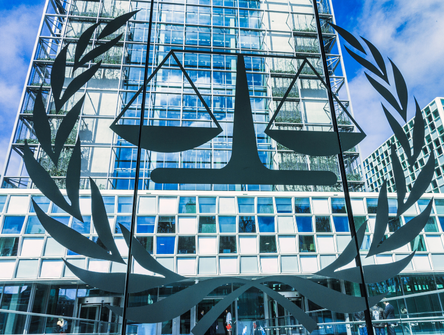Eliminating mandatory minimum sentences
They contribute to overcrowding in prisons and disproportionately incarcerate Indigenous, Black and other racialized communities. A proposed CBA resolution urges the government to remove them.

Following the last federal election, conspicuously absent in Justice Minister David Lametti’s mandate letter was reforming mandatory minimum sentences under the Criminal Code. They had also been missing in the criminal justice reforms package, introduced by then justice minister Jody Wilson-Raybould, in Bill C-75 in 2018. This, even though the Trudeau Liberals had promised a review of sentencing reforms and the criminal justice system.
The CBA has expressed disappointment in delaying tackling mandatory minimum sentences, even though the Justice Minister has said, “it’s not off the table.”
Criminal defence lawyer Jody Berkes is moving a resolution at the CBA’s upcoming annual general meeting that would urge the federal government to eliminate mandatory minimum sentences for offences other than murder. Failing that, where they remain, the resolution would ask the federal government to add a “safety valve” in section 718 of the Criminal Code that would allow a sentencing judge to depart from the mandatory minimum and consider other options to prevent an injustice.
“The CBA is standing up and saying, ‘You’ve promised reform in this area, and now we’re going hold your feet to the fire,’” says Berkes, who is chair of the CBA’s Criminal Justice Section.
Berkes says mandatory minimum sentences are problematic for several reasons.
First, they exacerbate court delays with minor offences, and overburden the carceral system. And because courts cannot impose conditional sentences, convicted offenders cannot serve their time in the community. What’s more, the various costs associated with keeping an inmate under supervision are high. Making matters worse, says Berkes, it often “falls on the provinces to pay for these costs that aren’t necessary because they could be served in the community.”
Second, they remove discretion from sentencing, precluding judges from balancing all factors of a case and imposing a one-size-fits-all sentence. “A sentencing judge needs to have the full panoply of sentencing options available to them,” says Berkes.
Third, mandatory minimums continue to exacerbate systemic racism against Indigenous, Black, and other communities who are incarcerated at much higher rates than the rest of the population. Berkes acknowledges institutionalized racism is present at all stages of the criminal justice system, from enforcement to decisions about prosecuting offenses. “Eliminating mandatory minimum sentences won’t eliminate institutionalized racism within the criminal justice system,” he says. But judges are at least given a tool that they can use to remedy the “most pernicious effects, at least on the back end.”
“The over-incarceration of racialized communities, people of color, people with mental health issues has reached epidemic proportions,” he says. These are not just the views of defence lawyers, but of crowns as well. Everyone who is toiling away in the system saying to the government, ‘This needs to change!’”
For more on this topic and to share your views on the proposed resolution, please visit our discussion board.


